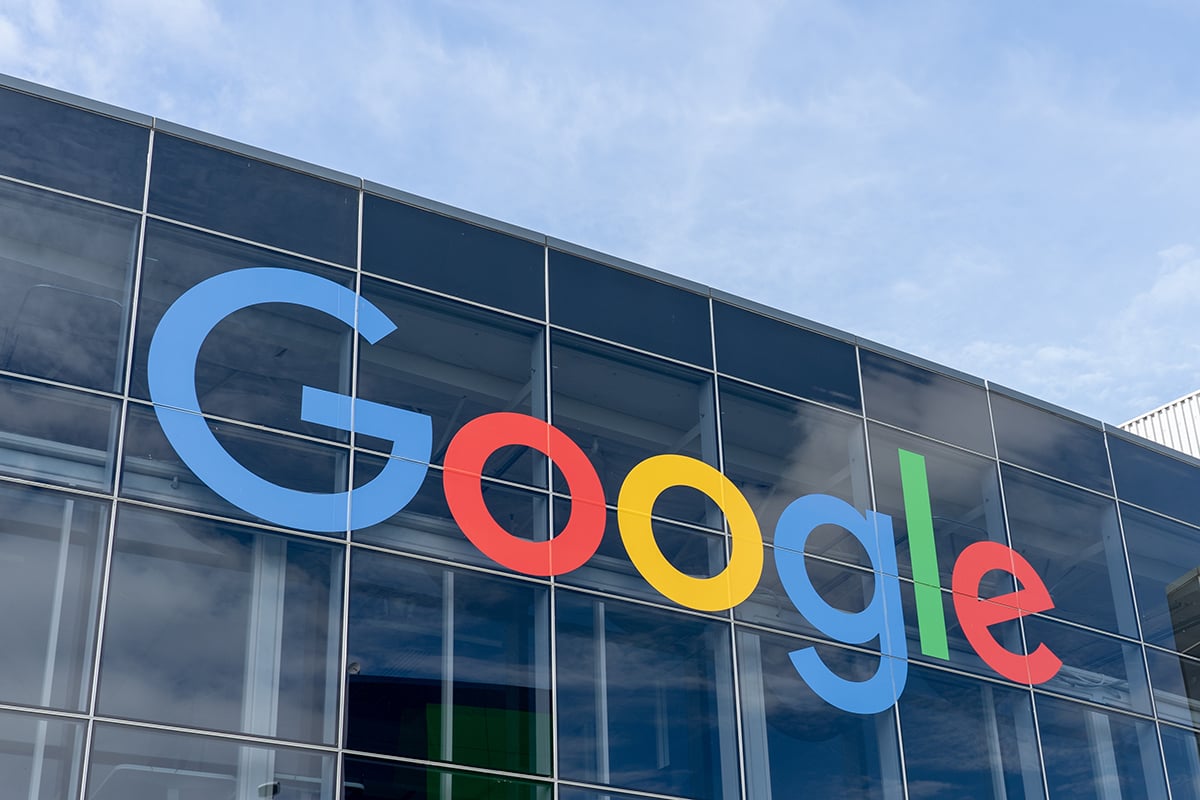In a pivotal antitrust case, Google is facing intense scrutiny as the Justice Department seeks to establish that the tech giant has unlawfully monopolized the online search sector. This legal battle, initiated during the Trump administration, revolves around Google’s alleged manipulation of contracts to ensure its search engine is the default choice on millions of devices and browsers worldwide.
Central to the case is Google’s partnership with Apple. Google reportedly pays Apple billions annually to secure its position as the default search engine on Apple’s Safari browser, which is predominantly used on iPhones. By May 2021, these payments had surpassed $1 billion per month, totaling a staggering $20 billion in 2022 alone.
The Justice Department argues that Google’s contracts with Apple and other device manufacturers have established an impregnable search business, enabling Google to amass vast amounts of data on user search patterns. This data, the DOJ claims, gives Google an unfair advantage, allowing it to refine its search engine continually, stifling fair competition.
Google, however, asserts that consumers opt for its search engine because it offers the best service, not due to any anticompetitive actions. The company also contends that its search engine supports its Android operating system, which competes directly against Apple’s iOS. Google maintains that Apple had the freedom to select a different default search partner if it chose to do so.
Throughout the trial, District Judge Amit Mehta has maintained a neutral stance, expressing uncertainty about his forthcoming decision. He has raised doubts about the feasibility of competitors displacing Google’s dominant position, suggesting that the Sherman Act, a key US antitrust law, may be concerned about such barriers to entry.
A ruling against Google by Judge Mehta could have extensive ramifications for the tech industry. Besides potential penalties, the case could establish a precedent for future antitrust proceedings involving other tech giants.
The outcome of this case has the potential to transform how millions of Americans conduct online searches and could reshape the fiercely competitive landscape of artificial intelligence dominance. Google’s utilization of search data to enhance its AI models has also come under scrutiny, with Microsoft arguing that Google is attempting to translate its search data advantage into an AI advantage.
As the case nears its conclusion, the tech industry is anxiously awaiting Judge Mehta’s decision. If he finds Google at fault, it will lead to a separate hearing to determine the penalties the tech giant may incur. The implications of this case are profound, and its resolution could have a long-lasting impact on the future of online search and competition within the tech sector.







